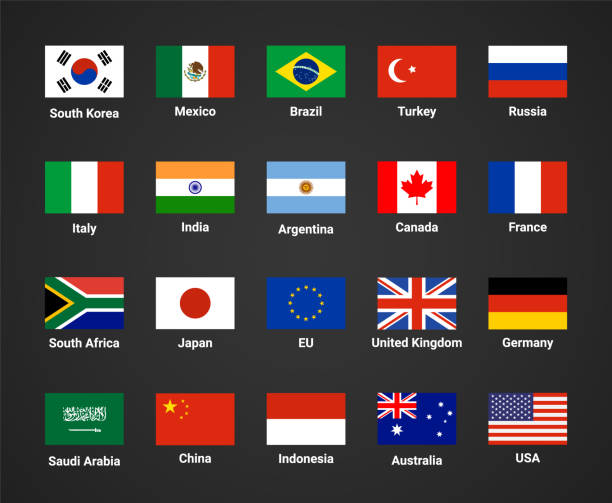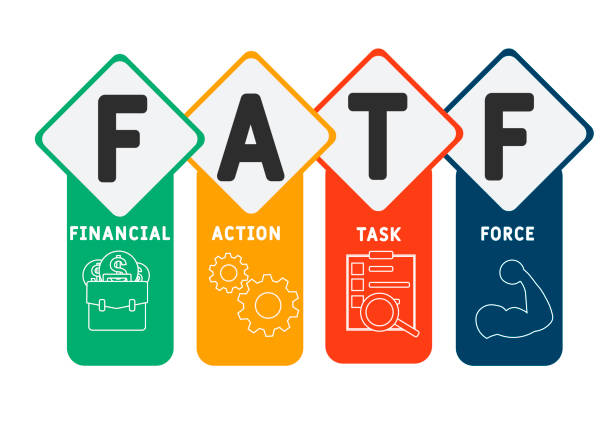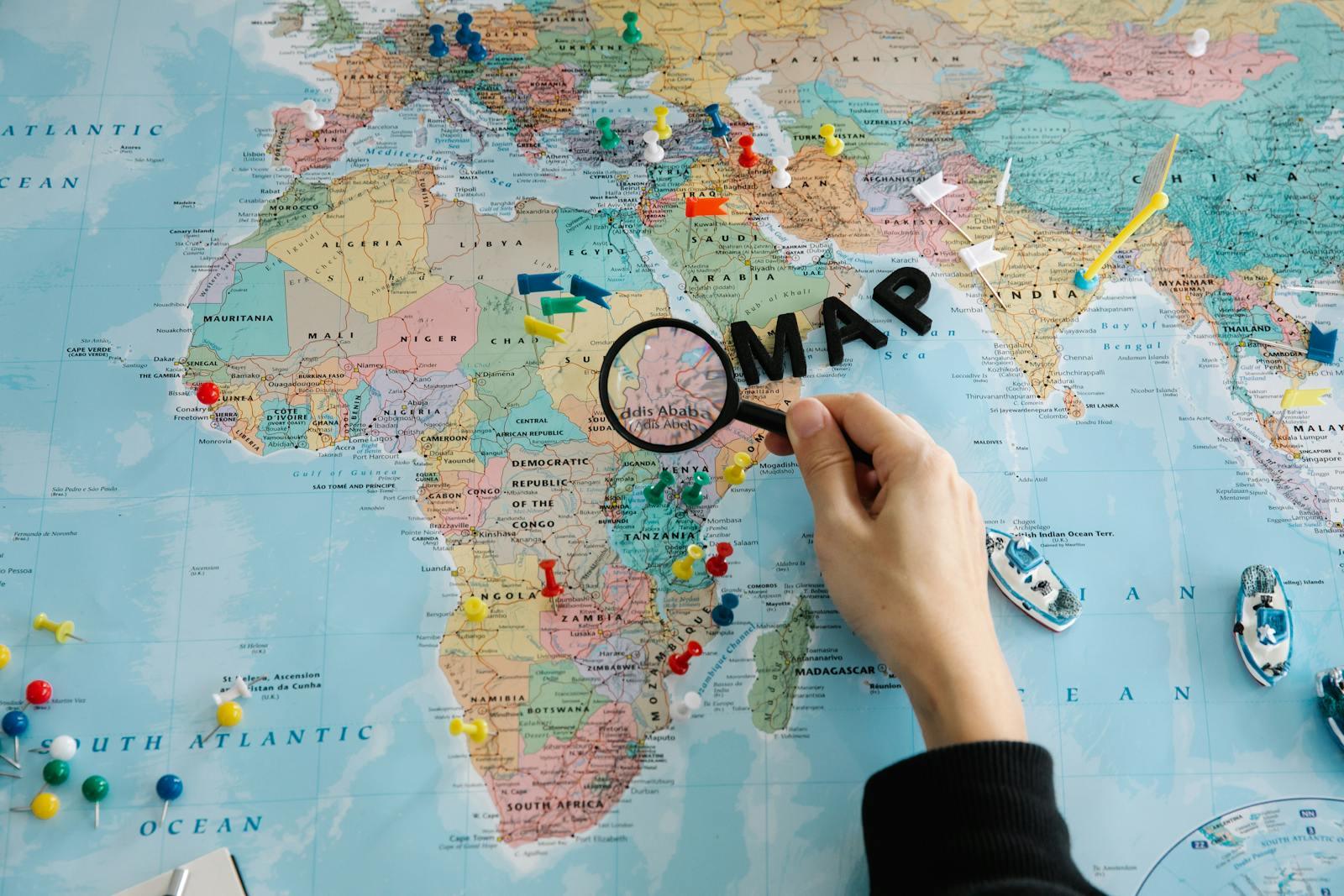The G20 Africa Framework represents a pivotal effort to deepen economic ties between Africa and the world’s largest economies. Running from 2026 to 2030, it provides a structured approach for achieving sustainable development through finance, innovation, and partnership.
What Is the G20 Africa Framework?
This initiative is a strategic plan agreed upon by G20 Finance Ministers and Central Bank Governors to coordinate finance-related and infrastructure-based cooperation with Africa.
It acts as a bridge linking Africa’s development goals with global financial resources.
Key Pillars of the Framework
- Financial Cooperation:
Enhances Africa’s access to international capital markets and reduces borrowing costs. - Infrastructure Development:
Supports modern, sustainable infrastructure projects that connect regions and drive trade. - Sustainable Growth:
Promotes renewable energy and climate-resilient investments. - Institutional Partnership:
Builds stronger financial governance and transparency across African nations.
Role of South Africa
South Africa’s leadership in the G20 Finance Track was crucial in establishing this framework. As both a G20 member and an African nation, it advocates for policies that align global and continental priorities.
This ensures that Africa’s perspective remains central in global economic decisions.
Why It Matters for Students and Researchers
Understanding the G20 Africa Framework helps learners grasp how international cooperation influences regional growth. It’s a real-world example of how economic diplomacy and sustainable policy can shape development.
For policymakers and scholars, it provides valuable insight into Africa’s integration into global finance systems.
Future Prospects
The framework sets a long-term direction for inclusive growth. As countries implement projects under its guidance, Africa is expected to see improvements in trade, innovation, and human development.
It is a testament to global trust in Africa’s potential and the continent’s readiness to lead its own transformation.
Conclusion
The G20 Africa Framework is more than an economic plan—it’s a learning model of cooperation, sustainability, and progress. It reflects how nations can work together to achieve shared success while empowering Africa’s future generations.
FAQs
1. What years does the G20 Africa Framework cover?
It runs from 2026 to 2030.
2. Who started this framework?
It was introduced under South Africa’s G20 Presidency.
3. What areas does it target?
Finance, infrastructure, sustainability, and institutional development.
4. How will it impact Africa?
It will improve access to finance and accelerate sustainable growth.
5. Why is it important globally?
It strengthens economic balance and global financial inclusion.




